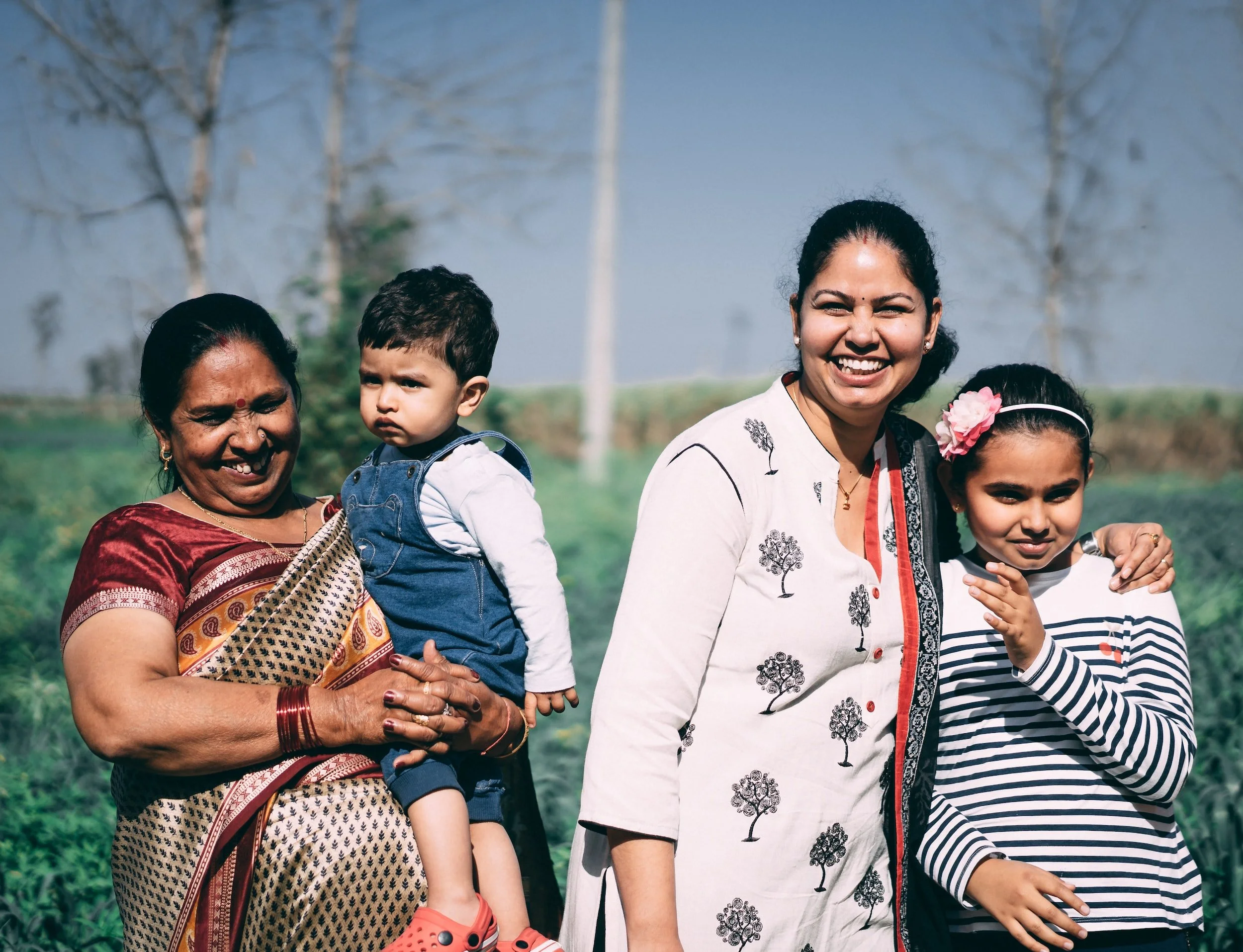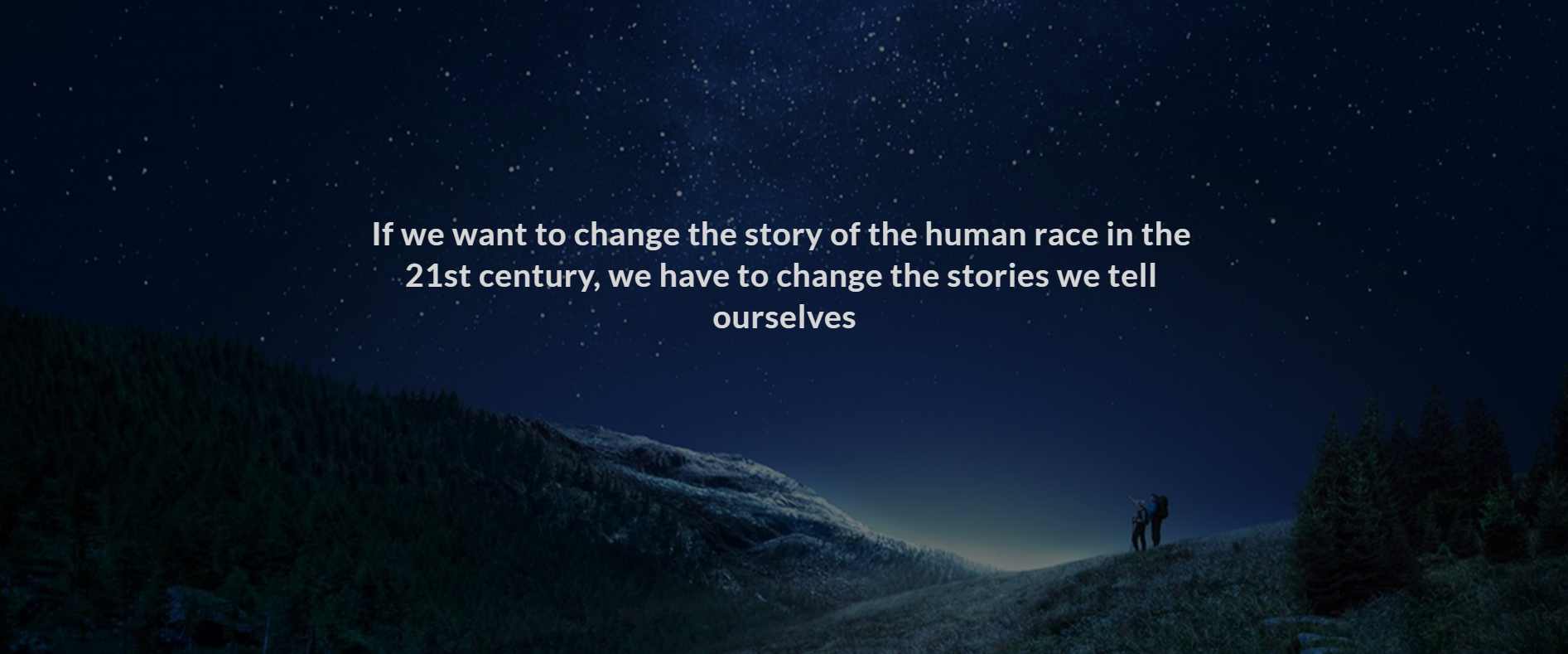All about the 2022 good news
December 2022
Hey Caddyshackers,
What. A. Year.
We thought we would do the same as last year, and wrap up with some good news on subject areas that are near and dear to us, as collated by the fine folks at Future Crunch.
we have to start with
Thank you.
Yep, kinda feels like an award acceptance speech. But, before we get into this blog, we have some big thank you’s to make.
Spesh thanks to all our On The Couch webinar guests in 2022.
We look forward to inviting more fab people into the space in 2023. Don’t you worry, we’ve got some great webinar topics lined up!
Most of all big thanks to YOU, our readers, all the services that continue to order and supply condoms, the people that register and attend our webinars, our followers on Facebook and Instagram and everyone who send us greatly appreciated feedback and compliments.
You’re great, and we love doing this work with you!
Caddyshack Angels
Interrupting this blog with a little message from the Caddyshack Team…
There were once three very different little girls who grew up to be three different women with three things in common:
They’re brilliant, they’re beautiful, and they work for Caddyshack Project.
Merry Christmas from the Angels
Oh the mems
Everyone loves a highlight reel, a trip down memory lane, a reminder of the good times. Here is ours. Cue inspo music.
Have a safe Christmas and end of year break everyone.
We’ll be back bloggin’ in Feb 2023.
Let’s get into it already
Ok, here you go, final blog for the year. Themed in sections for easier reading, cause it’s December. You’re welcome.
Get comfy, grab a cuppa and join us for some feel good news from around the globe.
Transmission
Global AIDS deaths fell to 650,000 in 2021, down by more than 11% since 2019. While the fight is far from over and huge challenges still remain, it's an extraordinary achievement.
Botswana may become the first African country to eliminate mother-to-child HIV transmission after a ‘ground-breaking’ drop in rates from 40% in 1999 to 1% in 2021.
Humanity is making steady progress towards eliminating mother-to-child transmission of hepatitis B. By 2020, 190 of 194 WHO member states had introduced a universal infant HepB vaccination, compared with 186 in 2016, and 110 states now provide a birth dose to all newborns, a 10% increase from 100 in 2016.
Argentina has approved a ground-breaking law to reduce discrimination against people living with HIV, viral hepatitis, TB and other sexually transmitted infections. The legislation prohibits mandatory testing for HIV and STIs by employers or educational institutions.
Queer Rights
Singapore's controversial 377A law has been repealed, effectively decriminalizing homosexuality. While there is still a long way to go in fighting discrimination, the landmark decision marks a significant shift in attitude for a country where LGBTQ+ rights were completely taboo a few decades ago.
A victory for LGBTQ+ rights, with Pennsylvania banning conversion therapy. Steady progress has been made across America with 20 states completely banning the practice and five others enforcing partial bans. LGBTQ+ youth who experience conversion therapy are more than twice as likely to attempt suicide than youth who don’t.
Andorra has approved a new family code that eliminates legal differences between married heterosexual couples and gay and lesbian couples in civil partnerships, and the Caribbean nations of Antigua and Barbuda have decriminalized gay sex, removing a colonial era law.
After decades of advocacy, a big victory for LGBTQ+ rights in Michigan. The state has amended its civil rights legislation to ban discrimination in housing, employment, education, and public accommodation against people because of their sexual orientation.
A top court in Slovenia has ruled that imposing bans on same-sex couples getting married and adopting children is unconstitutional and has ordered its parliament to amend the law within six months. The ruling makes Slovenia the 18th European country and 31st country worldwide to legalize same-sex marriage.
A step in the right direction for LGBTQI+ rights in Tokyo with local authorities recognising same-sex partnerships, making it easier for couples to access local services. While 100 municipalities in Japan now recognise same-sex partnerships, it's still the only G-7 nation yet to legalise same-sex marriage or civil unions.
Same sex marriage just took a big step closer to being legalized in both Thailand and Czech Republic.
A big win for the LGBTQ community in Greece, after the country banned conversion therapy, adding itself to an ever-growing list of countries that have outlawed the practice.
Meanwhile Canada has finally lifted its restrictions on gay men donating blood, and in the United Kingdom, the Church of Scotland will now allow clergy to conduct same-sex marriages in church.
The first same-sex couples have married in Chile, after a landmark law passed late last year came into effect. Chile's LGBT community campaigned for marriage equality for years, and the new law also paves the way for more same-sex couples to adopt and share parental legal rights and responsibilities.
A huge victory for LGBTQI+ rights in South Korea with a landmark judgement reversing the conviction of two soldiers who were jailed for consensual same-sex sexual acts while off duty. The military has a long history of violating same-sex rights and the ruling will hopefully pave the way for military personnel to live and love without the threat of prosecution.
Canada and France have outlawed conversion therapy, passing comprehensive legislation within days of each other. Brazil, Ecuador, Malta, Albania, and Germany have already fully or partially banned the practice and another 11 countries, including Mexico, Spain, and Britain are currently working towards reform.
A big win for human rights, as New Zealand becomes the latest country to ban conversion therapy. The new law received 107,000 public submissions; the highest number ever received for a piece of legislation.
The UK has pardoned all gay and bisexual men convicted under a law that criminalised same-sex relations until the 1980s. Activists fought for years to remove convictions for the thousands of men who have struggled to find jobs due a criminal record, in a move aimed at righting the wrongs of the past.
Israel and India have taken their first formal steps towards outlawing conversion therapy, banning medical professionals from providing the therapy. Doctors now face severe disciplinary action including potential revocation of their license.
Further victories for human rights around the globe.
A Taiwanese court made a landmark ruling allowing a man to legally adopt his husband’s non-biological child, Israel has lifted its surrogacy ban, allowing single men and same-sex couples to pursue surrogacy, and new legislation in the Faroe Islands has granted equal parental rights for same-sex couples.
Reproductive Rights
Here's one of the least celebrated stories of human progress.
Teenage pregnancies are declining across the world, with only a third of all women bearing children in adolescence compared to 50% sixty years ago. The decline is contributing to a positive change in girls' education, and infant and maternal mortality rates.
A landmark ruling in India has expanded the scope of the country's abortion laws to allow single women to end a 24 week pregnancy if they are a minor, or survivors of sexual violence. India currently allows abortion for all women until 20 weeks of pregnancy.
The number of women dying during pregnancy or in childbirth across India continues to fall. Government figures published last month revealed that the maternal mortality rate dropped from 122 per 100,000 births in 2015, to 103 per 100,000 in 2019. Experts say India is now on track to hit the UN’s target of less than 70 deaths per 100,000 births by 2030.
Colombia has decriminalized abortion procedures up to 24 weeks of gestation. The progress is thanks to the feminist 'green wave' sweeping Latin America with pro-choice advocates sporting green bandanas. Abortion was recently decriminalized in Argentina and Mexico, and Ecuador has decriminalized the procedure in cases of rape.
Surgical abortions are no longer the norm in the United States. The majority (54%) are now done via medication - approved for up to ten weeks by the FDA, and often mailed to patients after an online or telehealth consultation. Politicians might want to police control over women’s bodies, but science and medicine have other ideas.
Since 1980 at least 59 countries have expanded abortion access, and only 11 countries have restricted it. The US is now in some pretty illustrious company.
Consent & Rights
Female genital mutilation (FGM) is one of the worst ideas humanity has ever come up with, and we've been practicing it for more than a thousand years. In the last generation however, it's started to decline. Progress is uneven, and the pandemic has caused setbacks, but in the 30 countries where it's most prevalent, one in three girls aged 15 -19 today have undergone FGM, versus one in two a generation ago.
Rodrigo Duterte has signed into law a bill raising the age of sexual consent in the Philippines from 12 to 16. A ‘Romeo and Juliet’ clause will protect young, genuine lovers and the law will close loopholes such as an exemption in cases where victims agreed to marry their abuser.
Scotland has become the first country to offer tampons and pads for free nationally. Thanks to legislation approved in 2020, free menstrual products will be available in pharmacies and community centres for anyone who needs them. New Zealand, Kenya and the states of New York, Virginia and Oregon currently distribute products for free in public schools.
New legislation in Colorado will stop sales tax on all menstrual products, saving consumers around $9.1 million annually. Nationally, one in four American teenagers report missing school due to no access to period products.
Spain is finalizing a draft law that guarantees the right to abortion, and scraps a requirement for 16 and 17-year-olds to obtain parental consent for the procedure. The new government is also introducing up to five days of medical leave for women suffering from severe period pain, and has made it a criminal offence for anyone to harass women attending clinics to voluntarily terminate pregnancies.
Six years after deliberations first began, Indonesia has passed a landmark bill to tackle sexual violence, providing a legal framework for victims to seek justice. A majority of lawmakers backed the bill in parliament, successfully overcoming conservative opposition in the world’s biggest Muslim-majority country.
The feminist movement in Pakistan is gaining momentum, after the inaugural Women’s March in 2018 evolved into a sustained campaign. Collective action is shaking up the male-dominated social order in the Muslim-majority nation and rewriting narratives around gender-based violence, body politics, sexuality and consent.
South Africa has stepped up its protection for women and children, passing three new laws on gender-based violence. Under the new legislation, all sexual offenders will be listed on a national register and survivors will be able to access protection orders online. The new laws have also significantly expanded the definition of ‘domestic violence’.
The Kenyan government has made a historic commitment to the rights of women and girls, vowing to end gender-based violence by 2026. $23 million has been allocated to prevention and response services, research, and the establishment of a survivors’ fund. The achievement comes after decades of tireless advocacy.
Landmark legislation in the Philippines has banned child marriage, constituting the practice as child abuse. This is a big, big moment for the country with one of the world's highest rates of child marriage. Bravo to the activists who made this happen.
New legislation in Pakistan has significantly strengthened protections for women in the workplace. The law expands the definition of harassment to include “discrimination on the basis of gender, which may or may not be sexual in nature” and will protect domestic workers and students, as neither group were covered previously by law.
Thanks Future Crunch for providing us with all this good news in 2022.
Future Crunch are a group of scientists, artists, technologists and entrepreneurs who think there are new and better ways of doing things in the 21st century. Their mission is to foster intelligent, optimistic thinking about the future, and to empower people to contribute to it.
What we are loving right now
No surprise what we are loving right now is signing up to get the Future Crunch newsletter straight to our inbox. Good things are happening in the world, check them out!
Until 2023,
Peace, Love, Protection and all the Kindness from us
x






